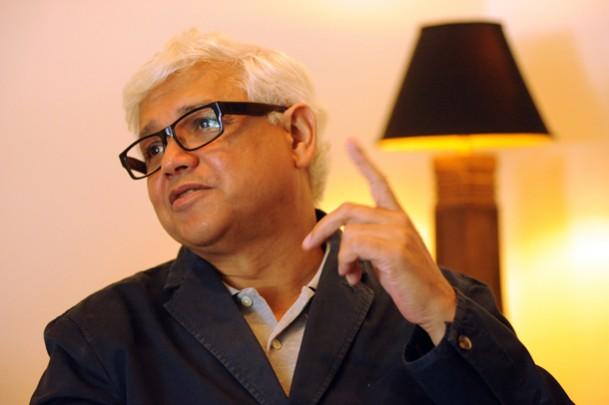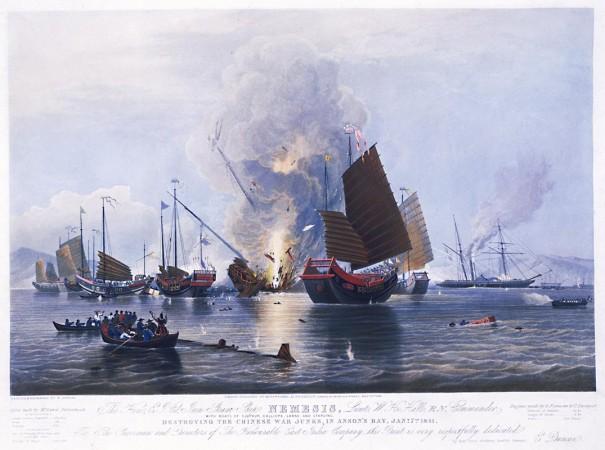
History says opium wars in China was not only fought but initiated by Britain which objected to the then Chinese government's ban on abolishing opium trade. However India's noted author Amitav Ghosh has a completely different story to tell.
Ghosh definitely did not go back to history to explore the events of the war between the Chinese government and Britishers ruling India in the 1830s. He was merely researching for his last book of 'Ibis' trilogy – which revolves majorly around migration – when he came across completely different facts that the Indians are unaware of.
It was apparently co-incidental that he happened to turn the pages of history – the 1830s – when two major events were happening simultaneously – Indians were migrating from India and opium trade was at its peak.
At this juncture he found that the first opium war in China was an Indian undertaking. "The first opium war (was) planned in India, it was financed by Indian money, it was fought with Indian soldiers. But it has all completely vanished from our historical memory," Ghosh, whose third book of Ibis series 'Flood of Fire' is all about migration in the 1830s, told IANS.

"The putting together of the expeditionary force took place in India. The British naval ships for the expedition were accompanied by 50 supply ships, all provided for by Parsi merchants in Bombay (now Mumbai). From top to bottom, it was a completely Indian enterprise; all the wherewithal for it came from India," he added.
History however has no mention of Indians being involved in the war against China over the trade of opium that was extracted from the plantation poppy plants in India.
According to historical facts, the British government which was ruling India at that time called a war against China when the Chinese government called off import of opium to its nation in view of mounting cases of opium addicts.
Along with the ban, the Chinese seized tons of opium, which was not at all welcomed by Britishers and as a result they declared war and defeated China, which surrendered Hong Kong to the British.
Two wars were fought with China, one between years 1839–42 and other from 1856 to 1860. The second opium war is also called 'Anglo-French expedition to China' as Britain was assisted by the second French Empire led by Napoleon III.
















